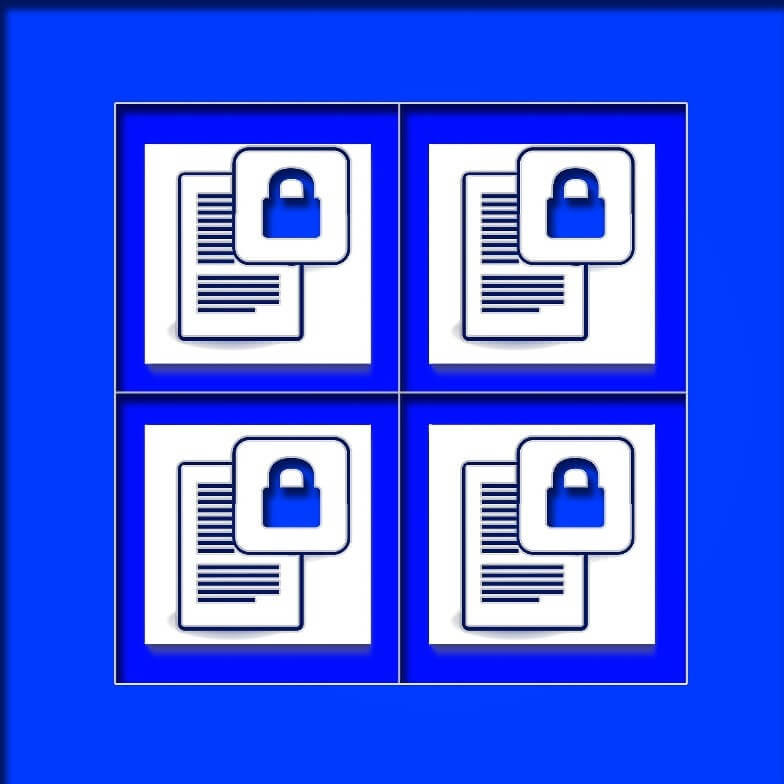
Smart Inventory Planning & Optimization : No. 1 In Inventory Management Software
Inventory management software has allowed businesses to save a great deal of time and resources on keeping track of what they’ve sold and what they need. It allows employees to spend more time with customers and managers to give more attention to other pressing needs of the business.
Yet the technology is not without risks, albeit manageable ones. Cybercriminals and corporate spies would like nothing more than to get a hold of your business records to make a profit or gain the upper hand. Think about what you could do if you had your competitor’s data. You need to protect your assets, and the information is merely an intangible asset. This is especially true if you store your information on a cloud service, which is notoriously unreliable with all of the news about data breaches recently.
Here are some of the steps you need to take to defend your business:
Use a Virtual Private Network
As a decision-maker within the company, you not only have to work at your place of business but everywhere you can get a cell phone signal or internet connection. With the power of cloud services or a flash drive, you can take your inventory information with you on the go and keep tabs of what you might need. Unfortunately, everywhere isn’t safe. You need to worry about cybercriminals lurking on public networks seeking to intercept your data.
Also, Read: Manage your Multichannel eCommerce with Inventory Management Software[Infographic]
This is where getting a Virtual Private Network (VPN) for yourself and your employees are necessary. A VPN is a service that will connect your device to an offsite secure server with an encrypted connection, keeping your location secret and your interactions with the internet private. With an active VPN, no one would be able to see the inventory data you are sending and receiving over the internet. All you need to do is make sure you have the best VPN for the task at hand.
Restrict Access
It is unlikely that everyone who works at your business works with inventory, or at least your inventory management software. For this reason, you should limit access into the account or system by everyone except yourself and your trusted managers. Inventory management, for the most part, is a one or two person job. Limit access to those people, and you will be a lot safer.
This isn’t necessarily about whether you trust your employees or not. It is about the dangers of human error and how employees will often put the company in a vulnerable position without even knowing it. Restricting access removes this risk, and hackers won’t be able to use social engineering to use them.
Train Everyone
Training and vigilance are the keys to cybersecurity. Anyone at your business who works with computers (and those who don’t) need to know the basics. They need to know what kinds of scams to look out for, the common types of cyber attack and what verification measures to use. They don’t need to know everything about your inventory or knowledge that will give them access they don’t need, but they do need to know when to call in a manager or professional that can deal with a legitimate threat.
This includes yourself. Try to know the ins and outs of your inventory management software so you know every possible security feature you can use. Know how your computer could be vulnerable, and stay on top of the latest trends in cybersecurity. Don’t forget you can change your software if you don’t feel safe enough with it. You can read why you need inventory management software for your business.
Keep Tabs
Ultimately you need to have at least a general mental account of your holdings. A saboteur could potentially delete or mess around with your records, leaving a confused staff and angry customers. This could set a business back weeks or throw a struggling business over the edge. You need to know when the records don’t add up.
This is why you need an extra copy of your records available (and preferably locked away) just in case something happens. If you make sure that a print copy of your inventory is created each day, then you won’t be so reliant on the software to be stable. You will still have a headache to deal with, but you will be able to work through the problems. Alternatively, you can save a file to external storage space and keep that safe for when you might need it.
Inventory management software is only going to increase its ability to protect your data, but hackers are getting stronger tools and using (they use) increasingly innovative methods to get to your business’ vital data. Remember to follow the above tips, and you’ll at least have a basic defense against external (and internal) threats.
How do you deal with security at your company? What types of techniques would you suggest to others using inventory management software? Are there any concerns you still have about cybersecurity? Please leave a comment below and join the conversation.
Jen Martinson is an online security nut and editor-in-chief for SecureThoughts, an internet security website that focuses on practical safety for both businesses and everyday users.






The way of narration about Inventory Management Software is simply informative. This blog would be helpful for inventories software employees.